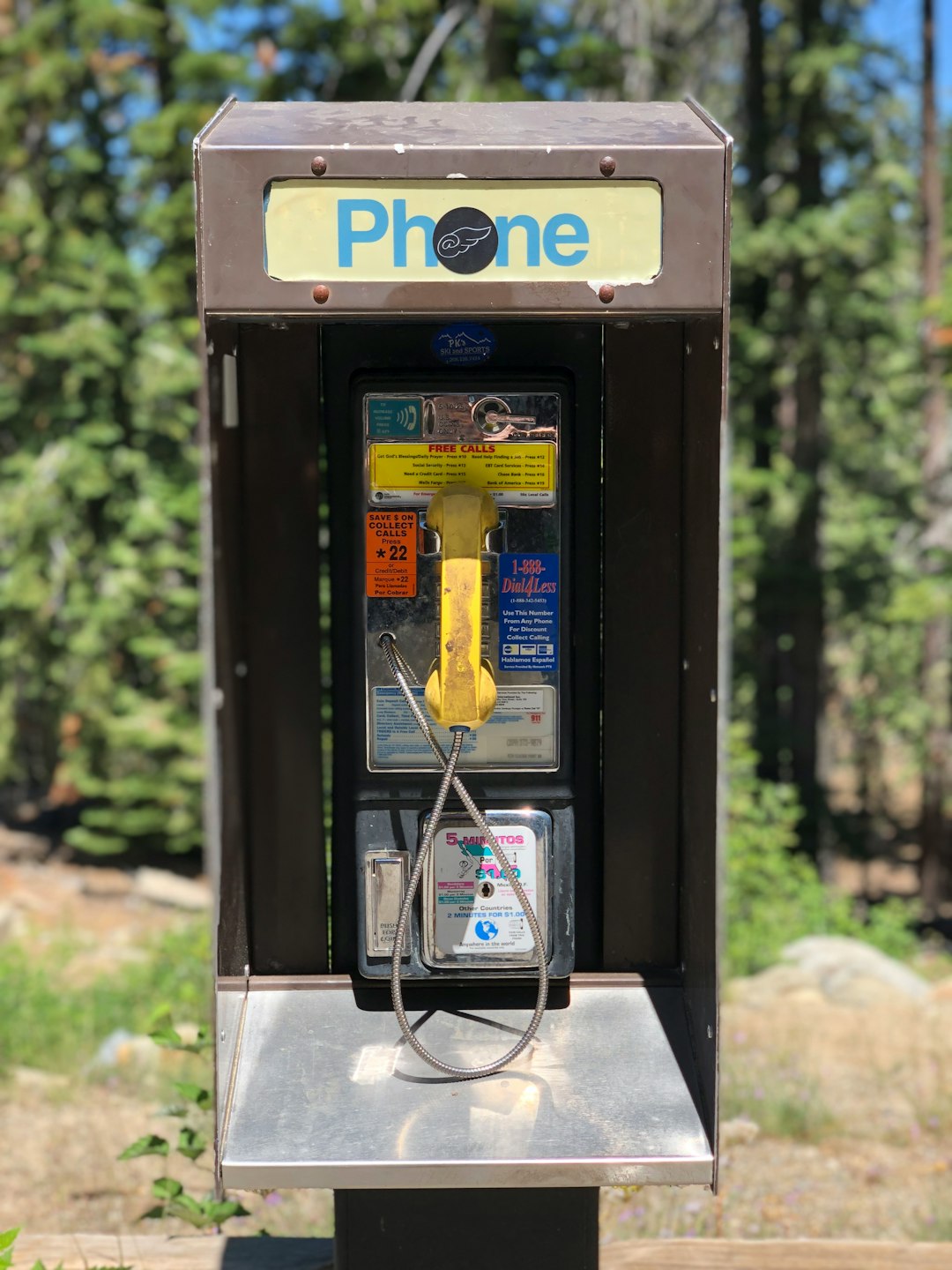In Oregon, state laws protect consumers from intrusive phone calls using autodialers. Businesses in Albany should consult a specialized lawyer for guidance on handling complaints and ensuring compliance, addressing issues promptly, offering apologies, and considering compensation. For persistent problems, an experienced "lawyer for autodialer Oregon" can help navigate regulations, protect rights, represent in disputes, and take action against violators, emphasizing the importance of "lawyer for autodialer Oregon" in legal assistance searches.
In Albany, navigating autodialer complaints requires understanding local laws and regulations. This article guides you through the process, offering insights on both do’s and don’ts. We explore Oregon’s strict guidelines regarding automated phone calls, focusing on your rights and responsibilities. Learn effective steps to address complaints promptly and resolve them fairly. Additionally, we discuss when it’s prudent to consult a lawyer specializing in autodialer laws, ensuring compliance and protecting your interests in Oregon.
Understanding Autodialer Laws and Regulations in Oregon

In Oregon, the use of autodialers or automated calling systems is regulated by state laws aimed at protecting consumers from unwanted and intrusive phone calls. These regulations are designed to ensure fair practices in telemarketing and marketing calls. Understanding these laws is crucial for businesses and individuals alike, especially when dealing with complaints.
If you’re seeking guidance on how to handle autodialer-related issues, consulting a lawyer specializing in Oregon’s telecommunications law can be beneficial. A legal expert in this field can offer insights into the specific regulations and help navigate potential compliance challenges. This is particularly important when addressing consumer complaints, as it ensures that all calls adhere to the state’s guidelines, fostering a more transparent and respectful communication environment for residents in Albany and beyond.
Steps to Address and Resolve Autodialer Complaints

When faced with complaints about autodialers, businesses in Albany should take prompt action to resolve the issue. The first step is to identify the source of the problem and understand the specific complaint. Are customers receiving unwanted calls? Is there a failure in the system causing excessive dialing? A thorough investigation is crucial to pinpointing the root cause. Once identified, implement measures to rectify the issue immediately. This might involve disabling the autodialer temporarily or permanently, depending on legal requirements and customer preferences.
Engaging with affected customers to offer apologies and solutions is essential. Consider offering compensation for any inconvenience caused, such as providing discounts or vouchers. Additionally, appoint a dedicated team member or hire a lawyer specializing in Oregon’s consumer protection laws to handle these complaints efficiently. A professional legal approach can help ensure compliance with regulations and foster positive relationships with disgruntled customers, turning a negative experience into a positive one for both the business and the customer.
When to Seek Legal Assistance for Autodialer Issues in Albany

If you’re facing persistent issues with an autodialer in Albany and have exhausted all other resolution avenues, it may be time to consider legal assistance. While many disputes can often be resolved through direct communication or regulatory bodies, there are instances where a lawyer’s expertise is crucial. In Oregon, the use of autodialers must adhere to strict regulations, and violators can face significant penalties.
Engaging an experienced lawyer for autodialer issues in Oregon can help you navigate the legal complexities involved. They can provide guidance on your rights, represent you in negotiations or administrative proceedings, and take appropriate legal action if necessary. This is especially important if you suspect your rights have been violated due to unauthorized or harassing phone calls, incorrect information dissemination, or non-compliance with Do Not Call lists.






